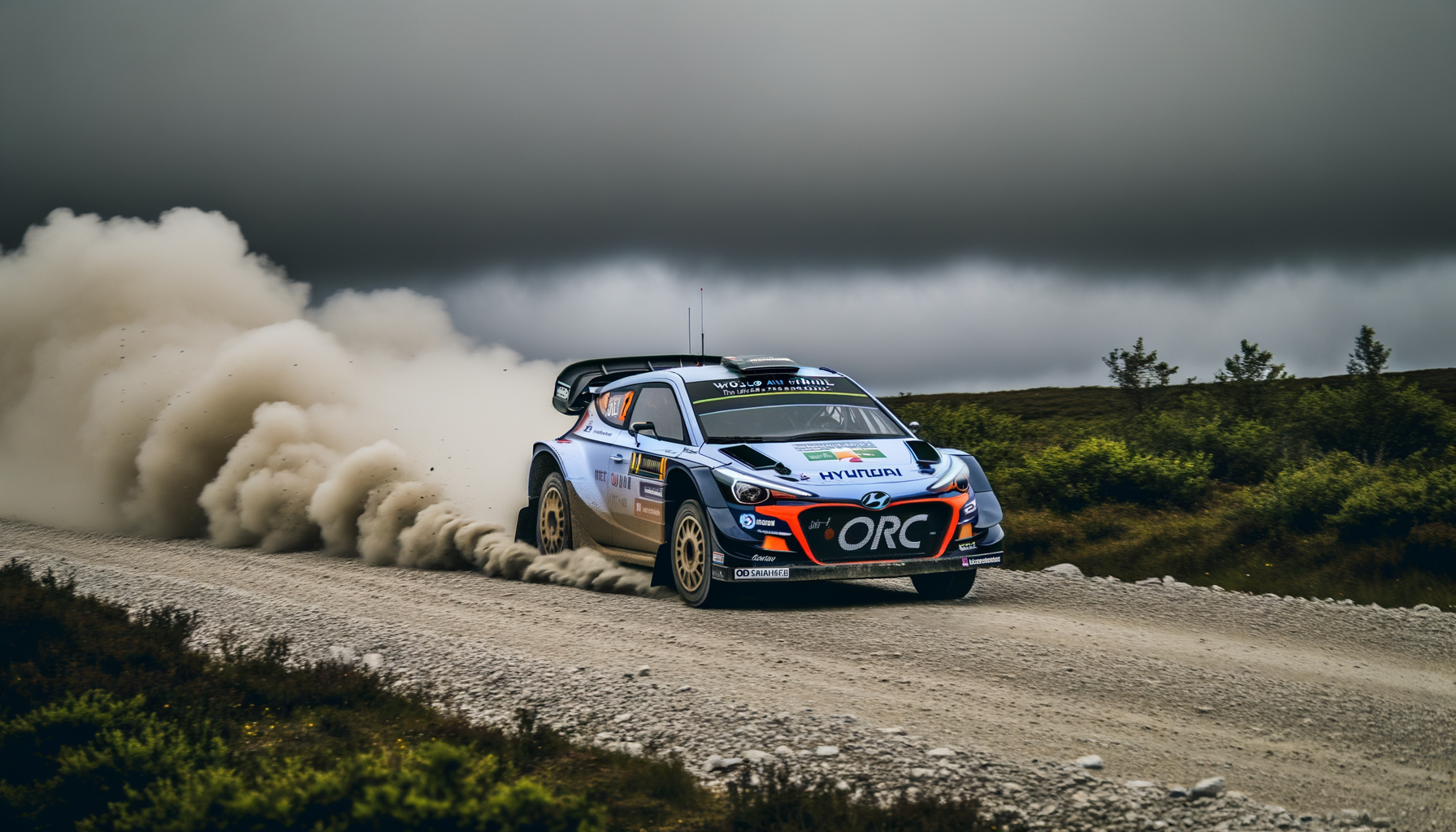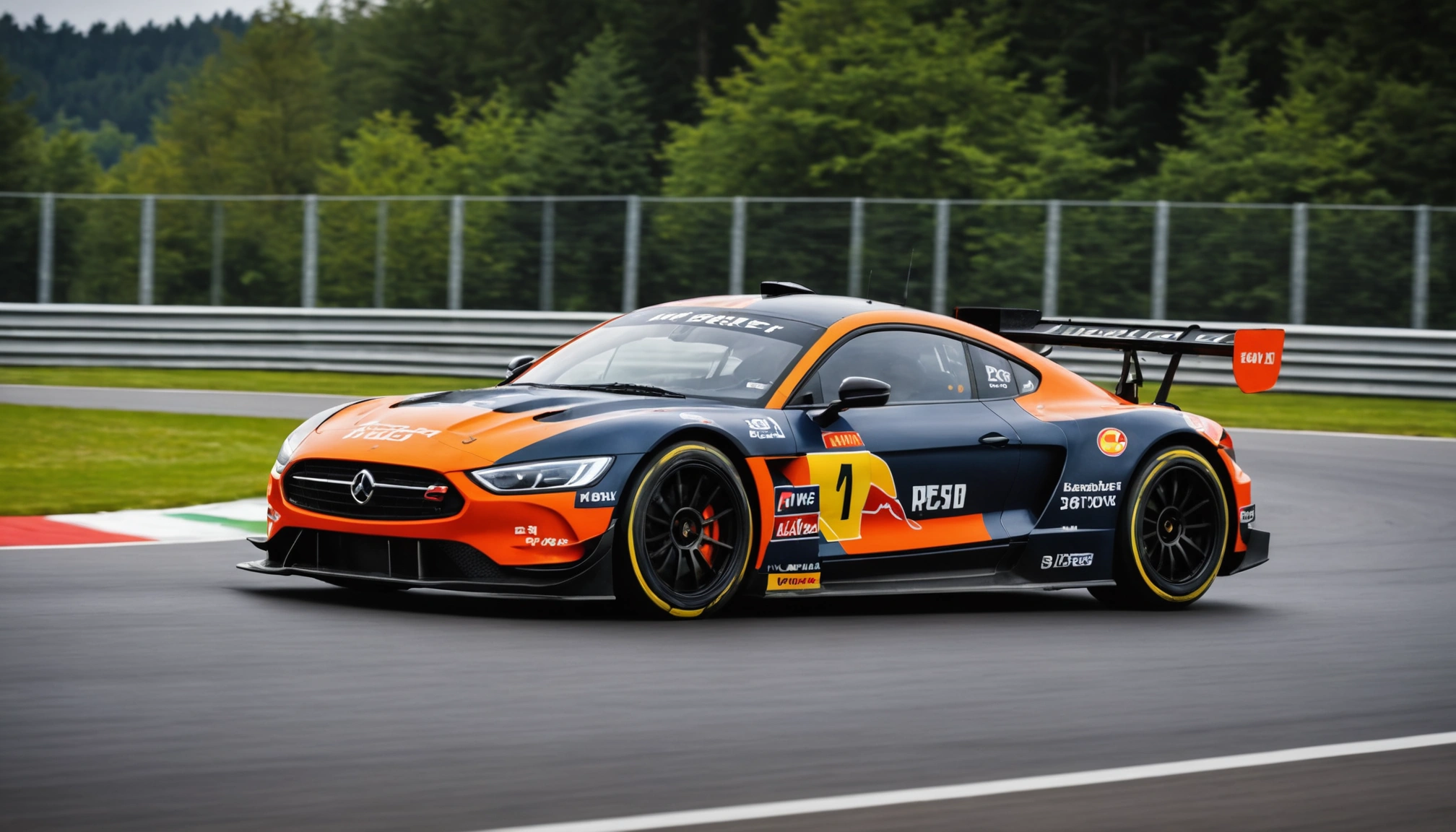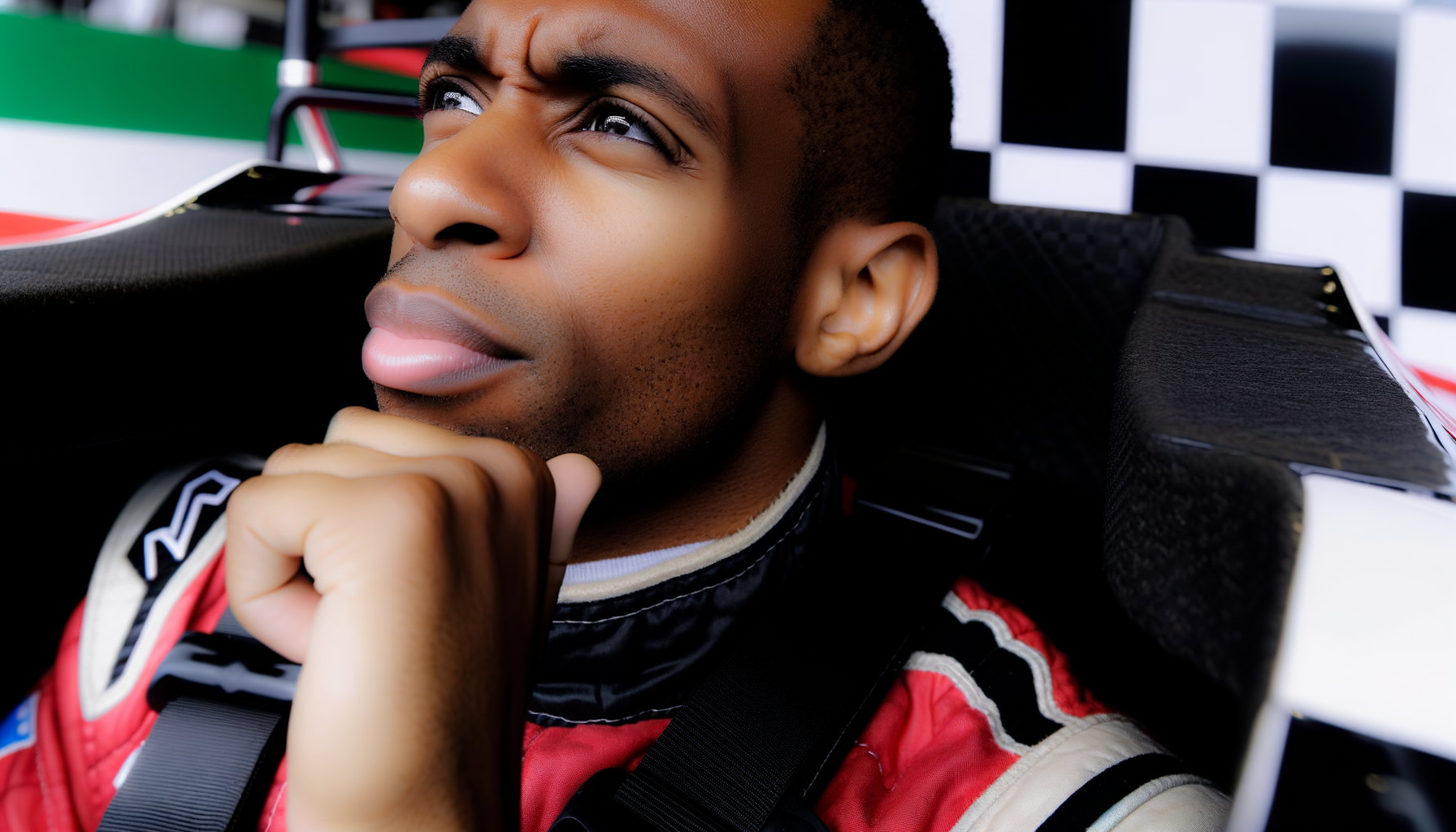Hyundai's Sole Path For WRC 2027: What To Expect
Discover how Hyundai's single option for WRC 2027 could shape the championship. Insights, strategies, and what fans should watch for in the coming seasons.

By Editorial
Introduction To Hyundai's WRC 2027 Challenge
As the World Rally Championship (WRC) moves towards 2027, Hyundai Motorsport finds itself at a pivotal crossroads. Unlike its rivals, Hyundai faces a unique situation with only one viable option to maintain its competitive edge and continue its legacy in the sport. This article explores how Hyundai's strategy for WRC 2027 could unfold, analysing the implications for the team and the championship.
Hyundai's Current Position In WRC
Hyundai has been a dominant force in the WRC over recent years, securing multiple manufacturer titles and nurturing top driving talents. However, the evolving technical regulations and the shift to hybrid powertrains have introduced fresh challenges. While other manufacturers are exploring various avenues, Hyundai’s path appears singular and focused.
For context, Hyundai’s consistent investment in hybrid technologies aligns with the FIA’s push for sustainability, but the team’s options remain limited due to budget constraints and regulatory frameworks.
The Only Option: Developing A Hybrid Rally Car
The crux of Hyundai’s strategy revolves around perfecting a hybrid rally car that complies with the 2027 WRC regulations. This hybrid system must balance power, reliability, and efficiency across diverse rally stages, from the icy terrains of Sweden to the rugged gravel of Kenya.
Technical Challenges And Innovations
Integrating hybrid technology into a rally car that must endure extreme conditions is no small feat. Hyundai’s engineers are tasked with creating a power unit that recovers and deploys energy effectively without adding excessive weight or complexity.
For example, the challenge lies in optimising energy recovery during braking on tight corners while ensuring the electric motor provides instantaneous torque on acceleration zones. These innovations could redefine rally driving dynamics and set new standards in motorsport technology.
Potential Impact On Drivers And Team Dynamics
Hyundai’s drivers will need to adapt their styles to the hybrid car’s unique characteristics. Energy management becomes as crucial as speed and precision. Veteran drivers with technical feedback skills will have a distinct advantage in fine-tuning the car setup throughout the season.
Moreover, team strategies during rallies may shift to exploit hybrid boosts tactically, adding a new layer of complexity to race-day decisions.
How Hyundai’s Approach Compares To Rivals
Contrasted with manufacturers like Toyota and Ford, which might explore alternative powertrains or diversified technological investments, Hyundai’s concentrated approach could be both a strength and a risk.
This singular focus allows for deep expertise and resource allocation but leaves little room for experimentation if unforeseen issues arise. It’s a high-stakes gamble that could pay off with championship glory or set the team back if challenges prove insurmountable.
What Fans Should Watch For In Coming Seasons
As Hyundai prepares for the 2027 campaign, fans should monitor several key indicators:
- Pre-season testing results: Insights into the hybrid car’s reliability and performance.
- Driver adaptation: How quickly Hyundai’s drivers adjust to the new technology.
- Regulatory updates: Any changes from the FIA that could impact Hyundai’s development plans.
- Competitive responses: How rivals react tactically and technologically.
Understanding these elements will provide a clearer picture of the championship’s future and Hyundai’s prospects.
Case Study: Hyundai’s Previous Innovations In Motorsport
Looking back, Hyundai’s persistence in innovation has often paid dividends. In 2019, the i20 Coupe WRC introduced aerodynamic upgrades that significantly improved performance on fast sections, demonstrating the team’s ability to leverage engineering advances effectively.
This historical commitment to adaptation bodes well for their 2027 hybrid venture, suggesting a foundation of resilience and ingenuity.
Broader Implications For The World Rally Championship
Hyundai’s approach may set a precedent for the WRC’s future, signalling a shift towards sustainable yet competitive motorsport. Success in hybrid technology could accelerate the sport’s evolution and attract new manufacturers eager to showcase eco-friendly innovations.
Such developments align with wider trends in automotive industries and global environmental commitments, making WRC a testing ground for next-generation technologies.
Conclusion: Hyundai’s Path Forward In WRC 2027
Hyundai’s singular option for the 2027 World Rally Championship encapsulates both challenge and opportunity. By focusing exclusively on hybrid technology, the team aims to marry sustainability with performance. The coming years will be critical in determining if this strategy yields championship success or necessitates reevaluation.
For enthusiasts keen to stay updated on motorsport developments, including Hyundai’s progress, exploring Sky Sports football watchalongs offers a glimpse into how sport continues to evolve across disciplines. Similarly, insights like the Manchester United goalkeeper dilemma illustrate how strategic decisions shape outcomes in competitive environments.
To stay connected with the latest in motorsport and beyond, visit our contact page for more information and updates.
Related topics
Editorial
Sports expert at SportsScoop
Specialist in sports analysis and journalism
Related articles
Want to read more?
Explore our comprehensive collection of sports articles and analysis, or contact us for more information.



